best time to water grass
Answer: Morning watering is generally the optimal choice due to reduced evaporation loss, lower risk of disease, and favorable conditions for grass growth.
Click here to jump to a specific section: 1. Introduction 2. Morning Watering: The Optimal Time 3. Afternoon Watering: Understanding the Pros and Cons 4. Evening Watering: Is it a Good Idea? 5. General Guidelines for Effective Watering 6. Conclusion
Introduction

When it comes to maintaining a healthy lawn, watering is key. But have you ever wondered about the best time to water your grass? In this comprehensive guide, we'll dive deep into the topic and explore the factors to consider for effective lawn watering. Our goal is to provide you with valuable insights and expert advice that goes beyond the obvious, so you can make informed decisions and keep your grass looking lush and vibrant all year round.
Morning Watering: The Optimal Time
Benefits of Morning Watering
Why is morning watering often considered the optimal time for caring for your grass? Let's take a look at the benefits:
-
Reduced evaporation loss: Watering in the morning allows the grass to absorb the moisture before the heat of the day causes evaporation. This helps to ensure that the water you apply is used more efficiently, reducing waste and saving you money on your water bill.
-
Lower risk of disease: Morning watering allows your lawn to dry out during the day, which can help prevent the development of fungus and other diseases. By avoiding moist conditions during the night, you create a less favorable environment for these problems to thrive.
-
Favorable conditions for grass growth: Morning watering provides the perfect conditions for grass growth. As the temperature rises throughout the day, the moisture from the morning watering helps to nourish the grass and promote healthy root development.
Recommended Watering Schedule for Mornings
To ensure the best results from morning watering, follow these recommended guidelines:
-
Ideal time range: The optimal time to water your grass in the morning is between 6 AM and 10 AM. This allows enough time for the water to be absorbed before the heat of the day sets in.
-
Duration to ensure deep root penetration: It's important to water your lawn deeply to encourage deep root penetration. Aim for approximately one inch of water per week, evenly distributed throughout the week. To achieve this, water your lawn for about 30 minutes to an hour, depending on the type of sprinkler system you have and the specific needs of your grass.
Afternoon Watering: Understanding the Pros and Cons
While morning watering is generally recommended, there may be situations where afternoon watering can be beneficial. Let's explore the pros and cons:
Potential Disadvantages of Watering in the Afternoon
-
High evaporation rates: Watering in the afternoon can result in higher evaporation rates due to the heat of the day. This means that a significant amount of the water you apply may be lost before it can be absorbed by the grass.
-
Increased risk of fungus and disease: Moist conditions during the night, which can be caused by afternoon watering, create a favorable environment for the development of fungus and other diseases. If your lawn stays wet overnight, it becomes more susceptible to these issues.
-
Stress on grass during hot conditions: Watering in the afternoon when the sun is at its peak can cause stress on the grass. The combination of high temperatures and wet grass can lead to scorching and damage.
Situations When Afternoon Watering Can Be Beneficial
Despite the potential disadvantages, there are certain situations where afternoon watering can be beneficial:
-
Limited availability during mornings: If you have a busy schedule and cannot water your lawn in the morning, watering in the afternoon is a better alternative than not watering at all. It's still important to keep in mind the risks associated with afternoon watering, but providing water when it's needed can help maintain the health of your grass.
-
Specially required for certain grass types: Some grass types, such as Bermuda grass, prefer to be watered in the afternoon. These grasses have a higher tolerance for heat and can benefit from the cooling effect of watering during the hottest part of the day.
Evening Watering: Is it a Good Idea?
Watering in the evening is generally not recommended due to the following drawbacks:
Drawbacks of Watering in the Evening
-
Higher chances of fungus growth: Watering in the evening can lead to prolonged wetness on the grass, which creates a favorable environment for the growth of fungus and disease. These issues can be detrimental to the health of your lawn and require additional treatments to resolve.
-
Prolonged wetness contributing to disease: When grass remains wet for an extended period, it becomes susceptible to disease and other problems. The lack of sunlight and air circulation during the night can exacerbate these issues, further compromising the health of your lawn.
Exceptional Scenarios Where Evening Watering May Be Necessary
While evening watering is generally not recommended, there are exceptional scenarios where it may be necessary:
-
Regions with extreme heat during the day: In areas with extremely hot temperatures during the day, watering in the evening may be the only viable option. It's important to balance this with the risks associated with evening watering and take extra measures to prevent disease and fungus growth.
-
Certain turf types requiring moisture during nighttime: Some grass types, such as St. Augustine grass, benefit from being watered in the evening. These grasses have a higher demand for moisture and can thrive with nighttime watering if necessary. However, it's crucial to monitor the conditions and adjust watering patterns accordingly to avoid excessive moisture and related problems.
General Guidelines for Effective Watering
To ensure optimal watering for your grass, keep the following guidelines in mind:
A. Monitor soil moisture levels: It's important to regularly check the moisture levels of your soil to determine when it's time to water. This can be done by inserting a probe or a screwdriver into the ground and observing how easily it penetrates. If the soil feels dry, it's time to water. Conversely, if it's moist, hold off on watering until the soil dries out.
B. Adjust watering patterns during different seasons: As the seasons change, so do the water requirements of your grass. During hotter months, your lawn may require more frequent watering, while cooler months may require less. Pay attention to the weather conditions and adjust your watering schedule accordingly to ensure the health of your grass.
C. Factors to consider for efficient irrigation systems:
-
Sprinkler type and coverage: Choose a sprinkler system that suits the needs of your lawn. Consider factors such as the size and shape of your lawn, water pressure, and the type of sprinkler heads to ensure even coverage and efficient water distribution.
-
Proper water distribution techniques: To prevent waste, ensure that your sprinklers are adjusted properly. Avoid watering sidewalks, driveways, and other non-landscaped areas. Use techniques such as cycle and soak, where you divide your watering time into multiple shorter intervals, allowing the water to penetrate deeply without runoff.
Answer: Morning Watering Is Best.
The best time to water your grass, you can maximize the health and beauty of your lawn. Morning watering is generally the optimal choice due to reduced evaporation loss, lower risk of disease, and favorable conditions for grass growth. However, there may be situations where afternoon or evening watering is necessary, such as limited availability during mornings or the specific needs of certain grass types. By following general guidelines like monitoring soil moisture levels, adjusting watering patterns with the seasons, and using efficient irrigation systems, you can ensure your grass receives the right amount of water at the right time.
Remember, the key to maintaining a healthy lawn goes beyond just watering. Regular maintenance and observation are crucial to determine the best watering time for your specific lawn. By taking these steps, you can enjoy a vibrant and thriving grass that will be the envy of the neighborhood.

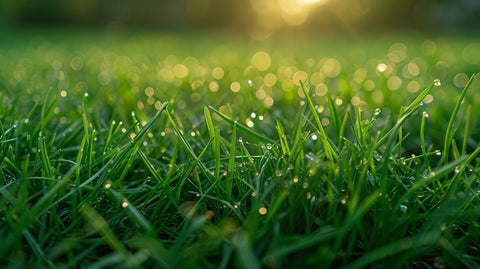

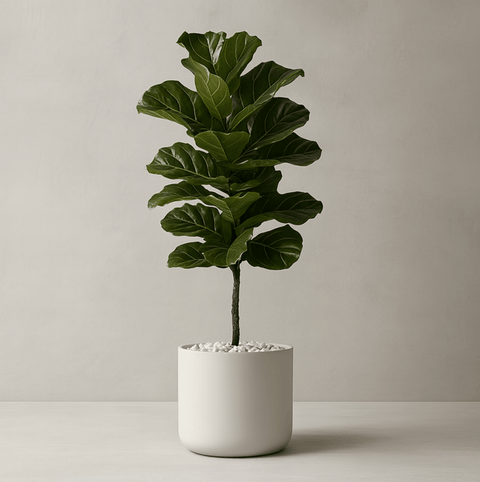
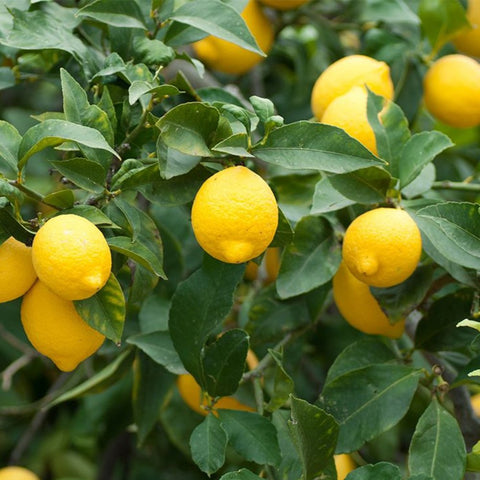

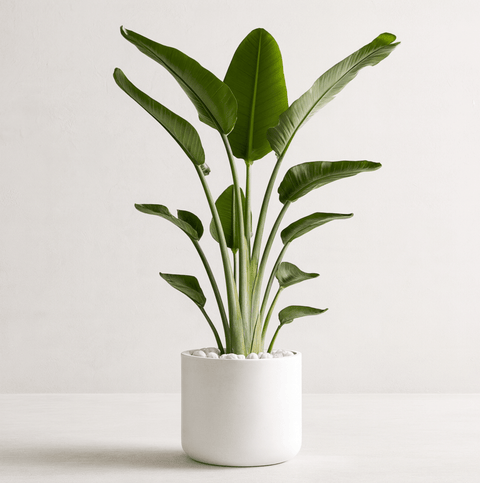

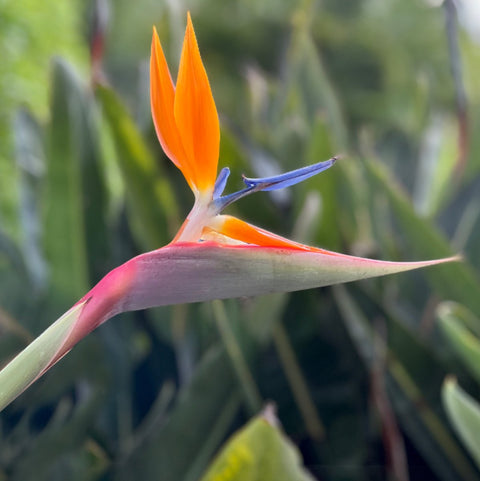





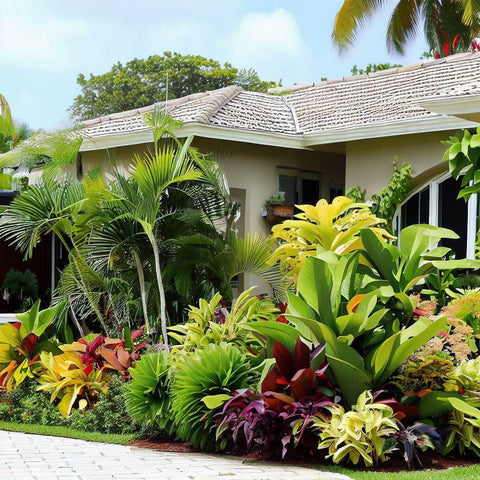


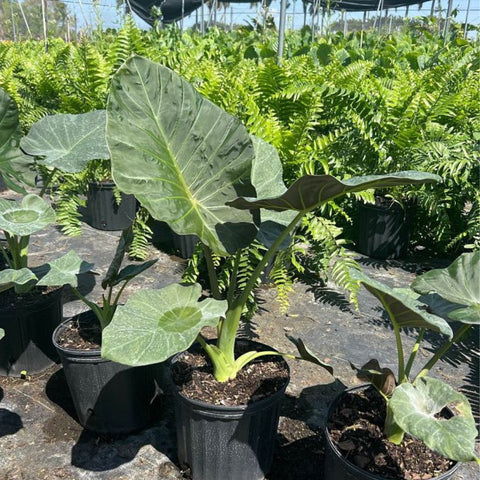

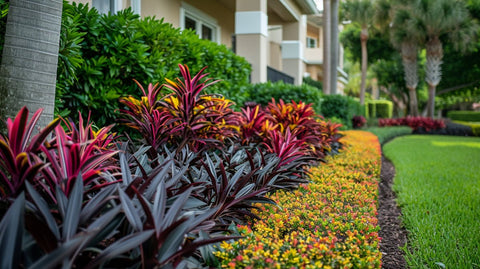


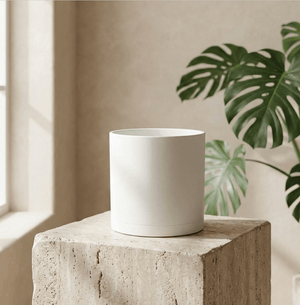
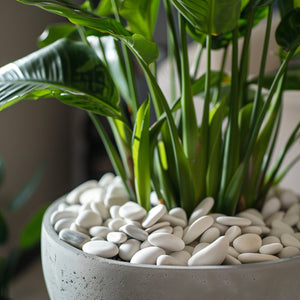




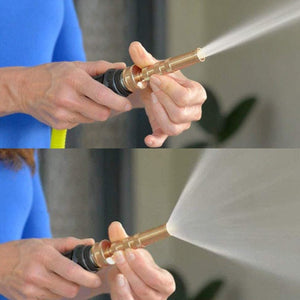

Comments (0)
There are no comments for this article. Be the first one to leave a message!